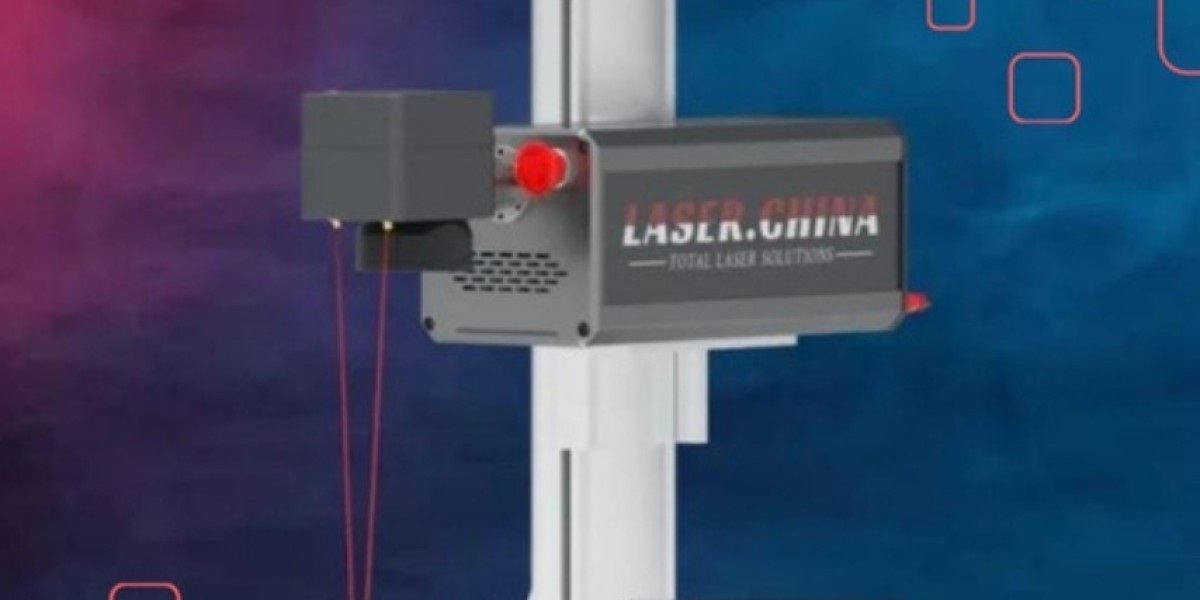Laser cleaning technology has emerged as an innovative solution for various cleaning and surface preparation needs across multiple industries. This advanced method uses high-intensity laser beams to remove contaminants, rust, paint, and other unwanted materials from surfaces, providing numerous benefits that make it an attractive option for many applications.
1. Precision and Control
One of the primary advantages of laser cleaning is its precision. The laser beam can be finely tuned to target specific contaminants without affecting the underlying material. This level of control is particularly important in applications involving delicate components or substrates, such as in the aerospace or automotive industries. For example, when restoring historical artifacts or structures, laser cleaning can remove years of grime without damaging the original surface.
2. Environmentally Friendly
Laser cleaning is a more environmentally friendly alternative to traditional cleaning methods that often involve harsh chemicals and solvents. Because it uses light to achieve cleaning results, there are no chemical residues to dispose of or harmful emissions released into the atmosphere. This is increasingly important as regulations around hazardous materials become stricter and as companies seek to reduce their environmental footprint.
3. Cost-Effectiveness
While the initial investment in laser cleaning equipment can be high, the long-term cost savings are significant. Laser cleaning systems require minimal maintenance, and the operational costs are lower than those associated with chemical cleaning processes, which can involve purchasing cleaning agents and additional labor. Furthermore, because laser cleaning is highly effective and often requires less time to achieve the desired results, companies can increase productivity and reduce downtime.
4. Versatility
Laser cleaning is versatile and can be applied to a wide range of materials, including metals, plastics, and ceramics. It is effective for various contaminants, including rust, paint, oil, grease, and even biological materials. This versatility makes it an ideal choice for different sectors, including manufacturing, construction, restoration, and maintenance. For example, in the manufacturing sector, laser cleaning can prepare metal surfaces for welding or coating applications, ensuring better adhesion and overall quality.
5. Safety
Compared to traditional cleaning methods, laser cleaning offers a safer alternative for workers. With no need for toxic chemicals, the risks associated with handling and disposing of hazardous substances are minimized. Moreover, modern laser cleaning systems come equipped with safety features and protective enclosures that ensure operators are not exposed to harmful levels of laser radiation. Safety training and proper operational protocols further enhance the safety of this cleaning technology.
6. Applications Across Industries
Laser cleaning technology has a wide array of applications across various industries. In the automotive sector, it can be used for removing paint and rust from car bodies and components, preparing surfaces for repair, and ensuring high-quality finishes. In aerospace, laser cleaning is used to maintain aircraft components, ensuring safety and performance by removing contaminants without damaging critical parts.
In the cultural heritage sector, laser cleaning plays a vital role in the restoration of historical monuments and artworks. It allows conservators to clean delicate surfaces effectively while preserving the integrity of the materials. Additionally, laser cleaning is increasingly being adopted in the medical field for cleaning surgical instruments and equipment, ensuring sterility without harmful residues.
Conclusion
In conclusion, laser cleaning technology offers a range of benefits that make it a compelling choice for various applications across different industries. Its precision, environmental friendliness, cost-effectiveness, versatility, safety, and broad range of applications position it as a leading cleaning solution in today's industrial landscape. As technology advances and more businesses recognize the advantages of laser cleaning, its adoption is expected to continue to grow, paving the way for more efficient and sustainable cleaning practices.










